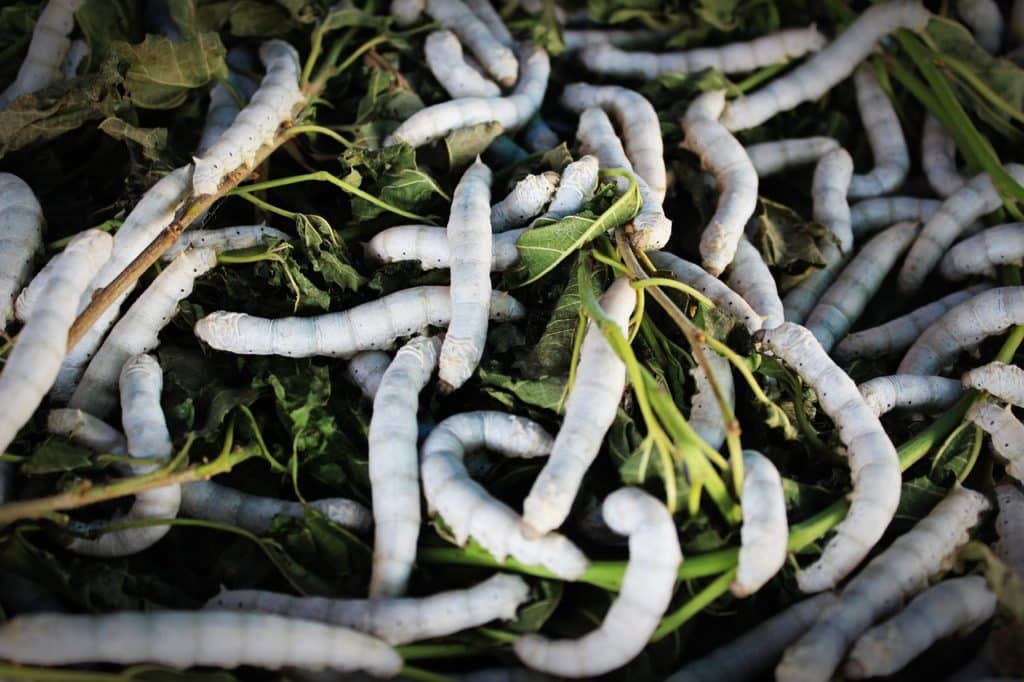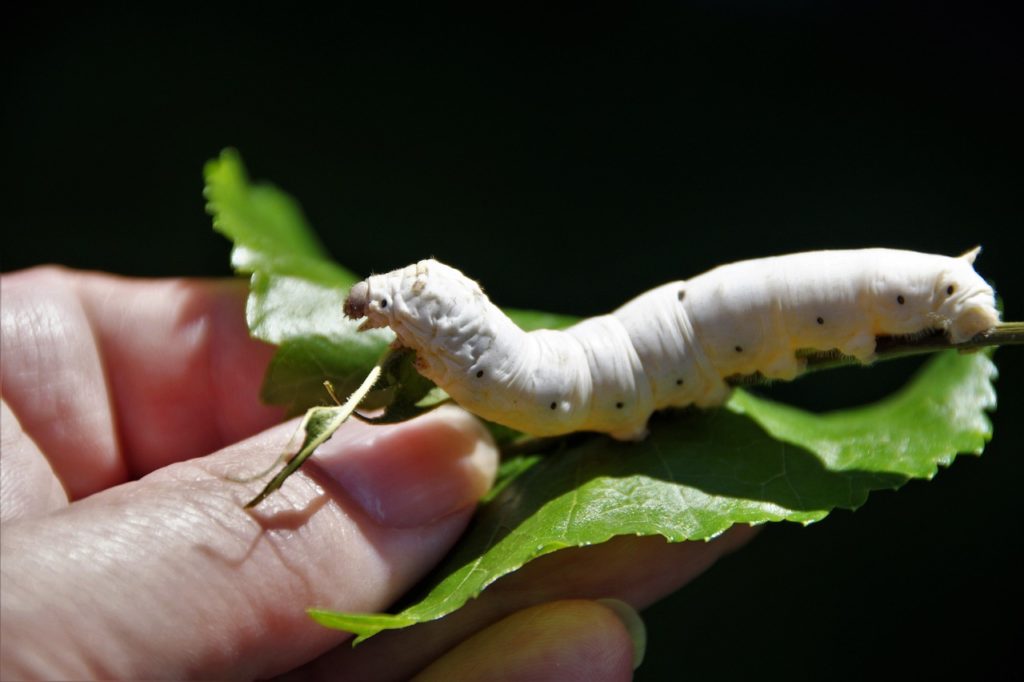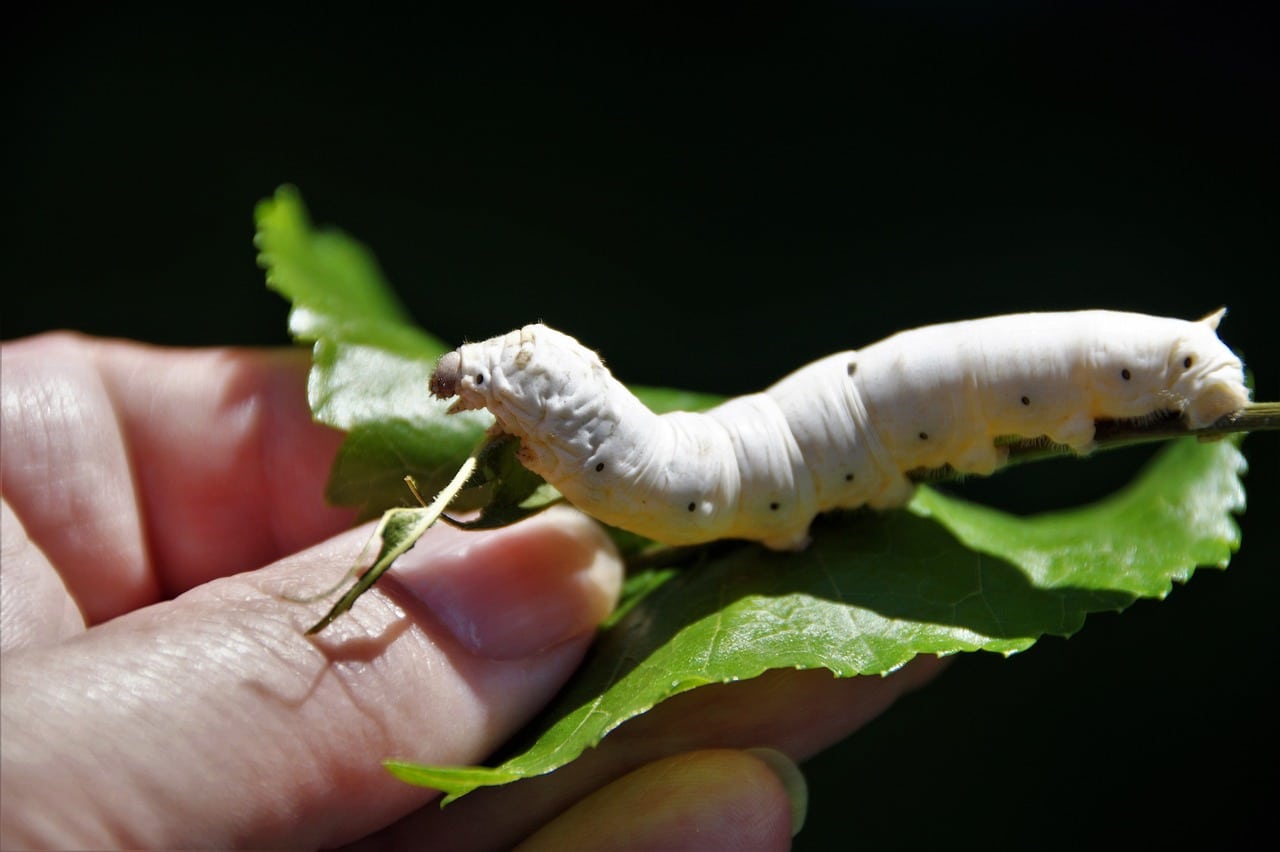The inception of micro startups in the edible insects sector marks a fascinating shift in global food trends. These startups are sprouting within a framework that champions environmental consciousness and innovative nutritional options. They signify a groundbreaking shift towards sustainable consumption, tapping into a market that, while currently niche, is on the cusp of expansive growth.
Globally, the market for edible insects has started to make a noticeable impact, with a valuation that is already substantial and expanding rapidly. This growth trajectory is underpinned by an increasing public awareness of the manifold benefits that these miniature nutritional powerhouses offer. Aspects such as health, environmental sustainability, and the potential for large-scale implementation of insects as a food source are driving consumer interest and market expansion.
Understanding the Niche of Edible Insects
The industry of edible insects is distinctive not only in its offering but also in its impact. It stands at the intersection of tackling food scarcity and mitigating environmental damage. Edible insects are being recognized for their nutrient density and eco-friendly lifecycle, offering a sustainable option that contrasts sharply with the resource-heavy demands of traditional livestock farming.
Current Trends and Future Prospects in the Industry
The transformation of the edible insects industry from a novelty to a viable food source is gaining momentum. This shift is characterized by a growing integration of insects into everyday diets and the development of specialized insect-based products catering to health-conscious consumers, including athletes seeking protein-rich and sustainable dietary additions.
Identifying Your Target Market
Consumers gravitating towards edible insects are typically driven by a combination of health, environmental, and ethical motivations. They are often part of a broader demographic that is actively seeking to balance meat consumption with alternative protein sources, without forgoing nutritional value.
Differentiating Your Target Market from the General Market
The market for edible insects is distinct from the general food market. It is characterized by consumers who are open to exploring and incorporating alternative and sustainable protein sources into their diets. This market is less about following traditional food trends and more about pioneering a new, ecologically responsible way of eating.

Competitive Analysis
Recognizing Your Competitors
Any foray into the edible insects sector requires a comprehensive understanding of the current market landscape. Identifying direct and indirect competitors, understanding their product offerings, and discerning their value proposition are critical steps in establishing your startup’s competitive edge.
Analyzing Competitor Strategies and Understanding Their Clientele
To position your micro startup effectively, it is essential to delve deep into the competitive arena. Scrutinizing the marketing strategies, consumer engagement, and clientele of existing players in the edible insects domain provides invaluable insights. These insights can guide you in crafting a business strategy that addresses gaps in the market, appeals to untapped consumer segments, and differentiates your brand from others.
Strategies for Growing a Micro Startup in Edible Insects
Strategies for Advertising Edible Insects
- Utilizing Digital Marketing
Considering the unique nature of edible insects, digital marketing platforms, such as social media, are invaluable tools. These platforms allow startups to target specific demographics who are more likely to be receptive to such novel products. Digital marketing strategies can be designed to capture the interest of environmentally conscious consumers, food enthusiasts, or those interested in sustainable living. The key advantage of digital marketing lies in its ability to tailor messages for specific audiences and measure the effectiveness of these campaigns in real time.
- Leveraging Influencer Marketing
Engaging with influencers, particularly those in the health, wellness, and sustainability sectors, can be a strategic move. Influencers can introduce edible insects to their followers in a more subtle, organic way, helping to normalize the product. This method can be particularly effective because it leverages the trust and relationship influencers have with their audience. By having influencers incorporate edible insects into their regular content, it subtly suggests acceptance and normalizes consumption.
Educational Marketing
- Hosting Workshops or Seminars
Conducting educational workshops or seminars is a strategic way to break down societal barriers and misconceptions about eating insects. These events can offer an interactive platform for people to learn about the benefits of edible insects, understand how they are processed, and even try various insect-based dishes. Including taste tests in these workshops can be a game-changer, allowing people to directly experience the flavor and versatility of edible insects, potentially converting skeptics into customers.
- Collaborating with Nutritionists and Chefs
Partnering with nutritionists can lend credibility to the health benefits of consuming insects. Nutritionists can help articulate the nutritional value of edible insects in a scientifically accurate and approachable way. Chefs, on the other hand, can play a pivotal role in transforming how edible insects are perceived as a culinary element. By creating attractive, tasty recipes, chefs can demonstrate that insects are not just a novelty food item but a versatile and delicious ingredient.

Understanding Operational Needs of Edible Insects Business
- Production Process
Managing the production process for edible insects requires a comprehensive understanding of their lifecycle and the best practices for rearing and harvesting. This process involves ensuring that the insects are grown in hygienic and sustainable conditions, processed in a way that preserves their nutritional value, and packaged to maintain freshness. Efficient handling of these processes is crucial not only for the quality of the final product but also for consumer safety.
- Packaging and Distribution
The packaging and distribution of edible insects are key operational aspects that need careful attention. The packaging must not only preserve the product’s quality and extend its shelf life but also be appealing to consumers. Additionally, an effective distribution strategy is crucial to ensure that the product reaches consumers in optimum condition and in a timely manner. This includes selecting the right distribution channels and logistical partners.
Financial Management
- Setting Up Pricing Strategy
Developing a thoughtful pricing strategy is crucial for the profitability of an edible insects business. This strategy should consider various factors such as production and operational costs, competitive pricing, and the target customer’s willingness to pay. Pricing can be a challenging aspect, as it needs to balance affordability with the need to cover costs and generate a profit.
- Crafting a Funding Strategy for Growth
To support growth, micro startups in the edible insects sector may need to seek financial backing. This can involve exploring different funding options like bank loans, approaching angel investors, or launching crowdfunding campaigns. Each of these funding methods has its own advantages and challenges, and choosing the right one depends on the startup’s specific needs and long-term objectives.
Legal Compliances and Considerations for Edible Insects Industry
Navigating the legal landscape is critical for businesses in the edible insects industry. It’s essential to stay updated with local and international laws concerning the farming, processing, and sale of edible insects. This includes adhering to food safety regulations, obtaining necessary certifications, and ensuring that all aspects of the business comply with industry standards and legal requirements.
Case Studies of Successful Edible Insects Micro Startups
Several startups have successfully navigated the complex market of edible insects. Notable among them are ‘Eat Grub,’ ‘Entomo Farms,’ and ‘Bugfoundation.’ These startups have not only introduced innovative products but have also managed to overcome the societal taboo surrounding the consumption of insects.
Key to the success of these startups has been their ability to transform societal perceptions while capitalizing on the novelty of their offerings. Strategies like innovative product development, appealing packaging, and targeted marketing campaigns have been instrumental. They have also focused on sustainability and health benefits, which are increasingly important to consumers.
Lessons That Can Be Derived from These Case Studies
The growth stories of these startups provide valuable lessons for new entrants in the market. They showcase that success in this niche market is achievable through a blend of innovation, education, sustainability, and a deep understanding of consumer behavior and preferences. By analyzing their strategies, new startups can gain insights into effective ways to market and sell unconventional products like edible insects.
Challenges and Possible Solutions in Edible Insects Micro Startup
Identifying potential obstacles
One of the most pressing issues that entrepreneurs face in the edible insects micro startup sector is the challenge of consumer skepticism. The mere thought of consuming insects can deter many from even trying these products, especially in regions where eating insects isn’t a cultural norm. Coupled with this skepticism is the lack of regulatory clarity. Regulatory bodies in many countries haven’t yet formulated comprehensive guidelines for the production and sale of edible insect products, making the legal landscape murky. Additionally, operational complexities cannot be ignored. Sourcing, farming, processing, and distributing insects for human consumption present their own unique set of challenges.
Understanding these challenges is the first step for any startup in this niche. Being prepared and strategizing around these issues can pave the way for success in this industry.

Discussing innovative solutions to overcome these challenges
Addressing and overcoming these challenges requires a multifaceted approach. The first, and perhaps most important, is consumer education. Informing the general public about the benefits of insect consumption, breaking down myths, and showcasing the taste and versatility of insect-based dishes can help in altering perceptions.
Furthermore, lobbying for clear and favorable regulations is crucial. By collaborating with industry peers, researchers, and lobbyists, startups can push for transparent guidelines that can make business operations smoother and more predictable. Moreover, to tackle operational complexities, continuous experimentation and innovation are key. From adopting sustainable farming methods to coming up with efficient processing techniques, there’s a need for ongoing R&D to refine and optimize operations.
Advantages and Future Prospects of Edible Insects Micro Startup
Environmental benefits
The environmental advantages of edible insects are noteworthy. Traditional livestock farming has a significant ecological footprint, consuming vast amounts of water, land, and feed. In contrast, insects are incredibly resource-efficient. They require less water, less food, and produce fewer greenhouse gases, making them a sustainable alternative. As global concerns about climate change intensify, the need for environmentally-friendly food sources like insects becomes even more apparent.
Health benefits
In terms of nutrition, insects pack a punch. They are not only high in protein but also rich in essential vitamins, minerals, and fiber. For those looking for an alternative to traditional protein sources or seeking nutrient-dense foods, insects present a viable option. Their health benefits can be a strong selling point, especially among health-conscious consumers and those with dietary restrictions.
Potential for growth and profitability in the future
The global food landscape is undergoing significant shifts. With rising global food demands and an increasing emphasis on sustainable and health-conscious choices, the market potential for edible insects is vast. For micro startups, this means there’s a tremendous opportunity to establish themselves in this burgeoning sector. While there may be challenges, the rewards for those willing to innovate and take risks are immense. The edible insect industry is still in its infancy, and pioneers in this space have the chance to shape its future, carving out profitable niches and setting trends for years to come.
